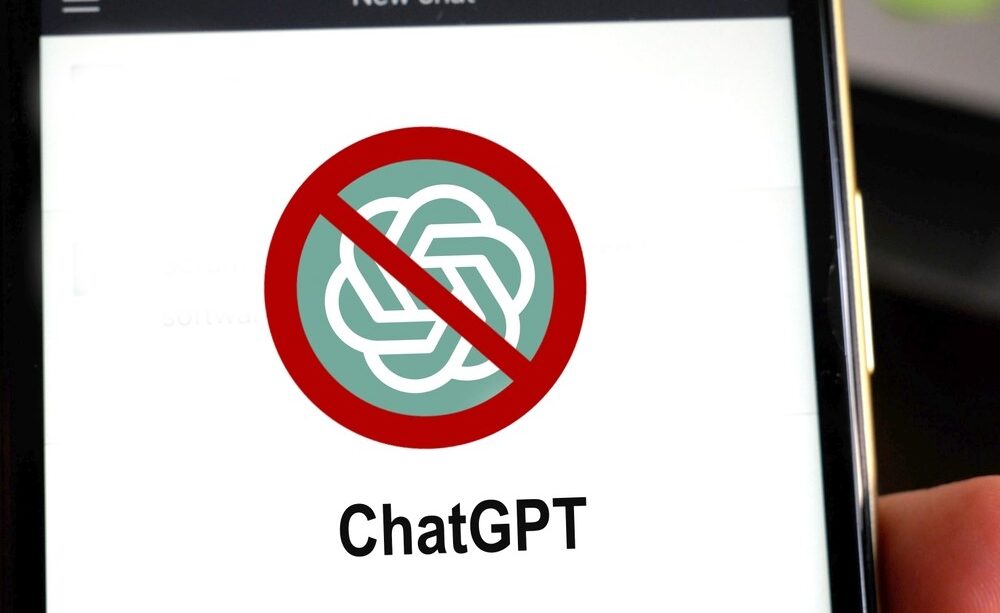Why ChatGPT Should Not Be Your Choice For Marketing Strategy
As a marketer, you must have noticed the rise of AI-driven tools. Exemplified by ChatGPT, these have ignited a transformative revolution in the industry. These advanced tools are reshaping the way businesses engage with their audience. By providing innovative solutions for personalized communication, content generation, and customer interaction. It’s not merely a trend but a noteworthy shift that takes marketing strategies into a new era of efficiency and effectiveness.
These tools offer convenience and accessibility in generating marketing content and basic strategies. However, when it comes to creating a detailed and effective marketing strategy, relying solely on ChatGPT may not be the wisest choice. This is especially true when compared to bespoke platforms like Robotic Marketer, which offer a more tailored approach to strategy development.
Understanding the Limitations of ChatGPT’s Learning Models
ChatGPT, powered by OpenAI, utilizes vast language models trained on a wide range of internet texts. This training allows it to generate human-like text based on the prompts it receives. However, this is also where its limitations become evident:
Generalized Data: ChatGPT’s training on generalized data means it lacks the ability to incorporate specific, real-time business data into its analysis.
Lack of Real-Time Learning: The model’s learning is not continuous. It doesn’t evolve in real-time based on the latest market trends or individual business performances.
No Integration with Business Tools: ChatGPT cannot integrate directly with business tools like email marketing platforms, CRM systems, or Google Analytics, which are crucial for a nuanced marketing strategy.
The Need for Bespoke Platforms Like Robotic Marketer
Contrary to generalized AI platforms like ChatGPT, bespoke platforms such as Robotic Marketer are designed to offer tailored marketing strategies. These platforms stand out for several reasons:
1. Customization: Robotic Marketer can tailor strategies based on specific business goals, industry nuances, and competitive landscapes.
2. Integration with Business Data: It can integrate with a company’s existing marketing tools and data sources. This may include email marketing, CRM, social media, and Google Analytics, to formulate strategies that are aligned with real-time insights and analytics.
3. Competitor Intelligence: Robotic Marketer can provide more relevant and up-to-date competitor intelligence, a crucial element for any effective marketing strategy.
The Importance of Using Your Own Data
Nowadays, in the data-driven marketing world, utilizing your own business data is crucial. Platforms like ChatGPT, which do not have access to this data, miss out on crafting strategies that are deeply aligned with a company’s unique objectives. Your email marketing results, social media engagement, CRM data, and advertising metrics all hold key insights. These are essential for a customized marketing strategy.
Aligning Strategy to Bespoke Goals
Every business has its unique set of goals and challenges. A one-size-fits-all approach, often resulting from tools like ChatGPT, cannot effectively cater to these unique business needs. In contrast, a bespoke platform like Robotic Marketer takes into consideration the individual goals of a business. These platforms ensure that the marketing strategy is more than a generic plan. Rather, a roadmap to achieving specific business objectives.
The Bottom Line
Yes, AI tools like ChatGPT offer significant benefits in terms of content creation and basic strategy advice. However, they fall short in developing comprehensive, data-driven marketing strategies tailored to specific business needs. In the complex and competitive world of digital marketing, relying solely on generalized AI tools for your marketing strategy can be a misstep. Instead, leveraging bespoke solutions like Robotic Marketer, which align strategies with specific business goals and real-time market data, is key to achieving marketing success. The choice of tool can make all the difference in steering your business towards its strategic goals and staying ahead in the competitive market.



